The digital world has been buzzing with a mix of anticipation and trepidation over the latest developments surrounding the popular social media platform TikTok. The app, owned by the Chinese tech giant ByteDance, has faced mounting scrutiny over concerns about its security and data privacy practices. With over 170 million American users, TikTok has become an integral part of the daily digital routine for millions across the United States. However, lawmakers are now pushing for an aggressive course of action that could reshape the app’s future in the U.S.
Here's ads banner inside a post
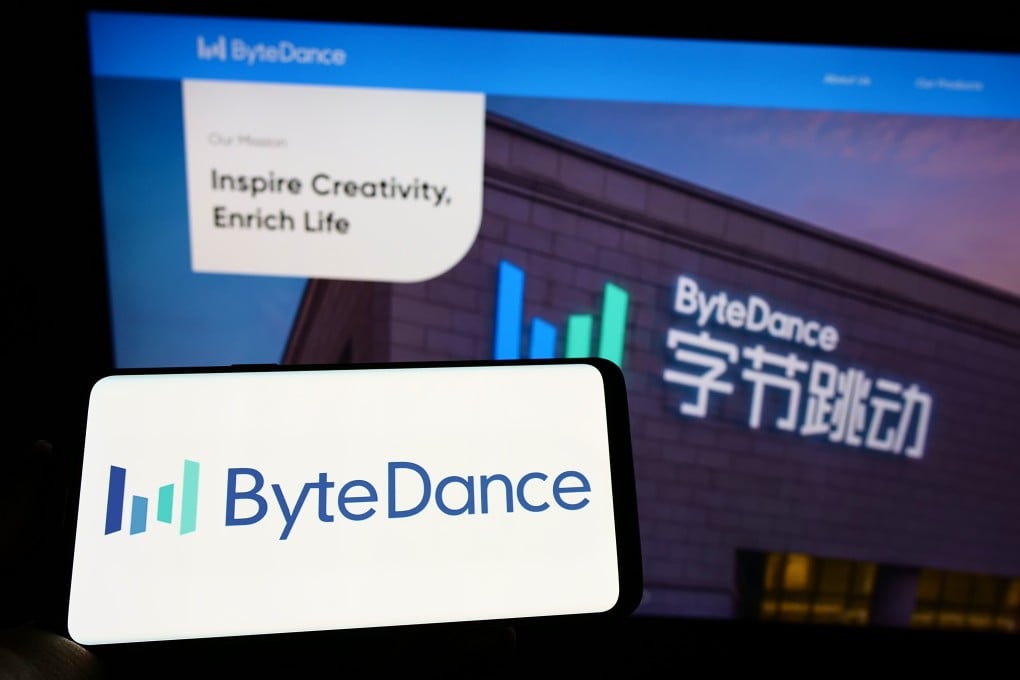
A High-Stakes Decision
On December 13, 2024, a letter from U.S. lawmakers to Apple and Google’s parent company, Alphabet, set a deadline of January 19, 2025, for the removal of TikTok from their respective app stores. The letter, which was sent by two prominent members of the U.S. House of Representatives Committee on China, Republican Representative John Moolenaar and Democratic Representative Raja Krishnamoorthi, comes in the wake of a crucial decision by a U.S. federal appeals court. This decision upheld a law requiring ByteDance to divest from TikTok in the United States or face a potential ban.

Here's ads banner inside a post
As the clock ticks toward January 19, the question looms: what will be the implications for both TikTok and the broader digital ecosystem if the app is indeed removed from the app stores? And, more importantly, what does this mean for Apple and Google, the gatekeepers of the app store world?
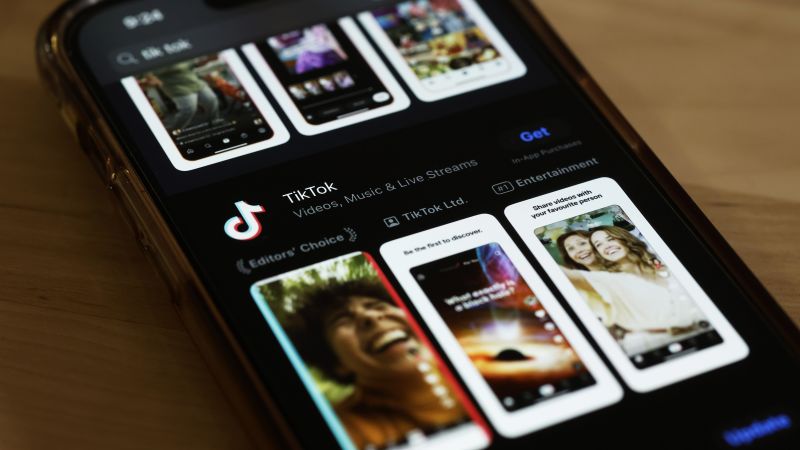
The Legal Battle: A Complex Web of Politics and Security
To understand the significance of this letter and the push for TikTok’s removal, one must first look at the backdrop of national security concerns that have been at the heart of the debate. The U.S. government has expressed fears that TikTok’s parent company, ByteDance, could be compelled to share user data with the Chinese government under the country’s strict data laws. This has led to accusations that TikTok could be a tool for Chinese espionage, a charge that the company has consistently denied.
Here's ads banner inside a post
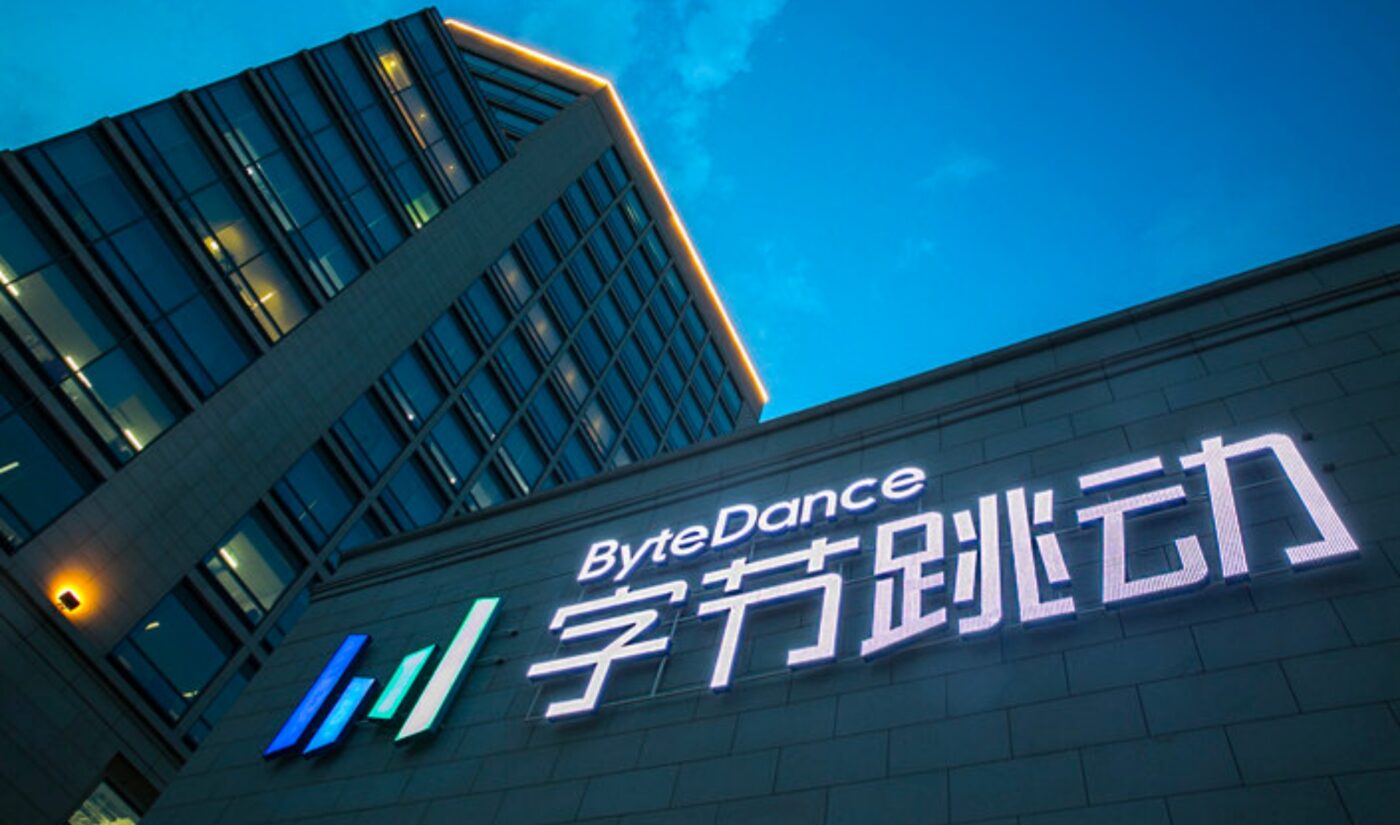
The bipartisan letter from Moolenaar and Krishnamoorthi underscores the belief that TikTok poses a significant national security threat. The two lawmakers wrote that Congress had “acted decisively to defend the national security of the United States and protect TikTok’s American users from the Chinese Communist Party.” They urged TikTok’s CEO, Shou Zi Chew, to expedite a divestiture of the app, warning that failure to do so could lead to severe consequences for ByteDance, including a ban on the app in the U.S.
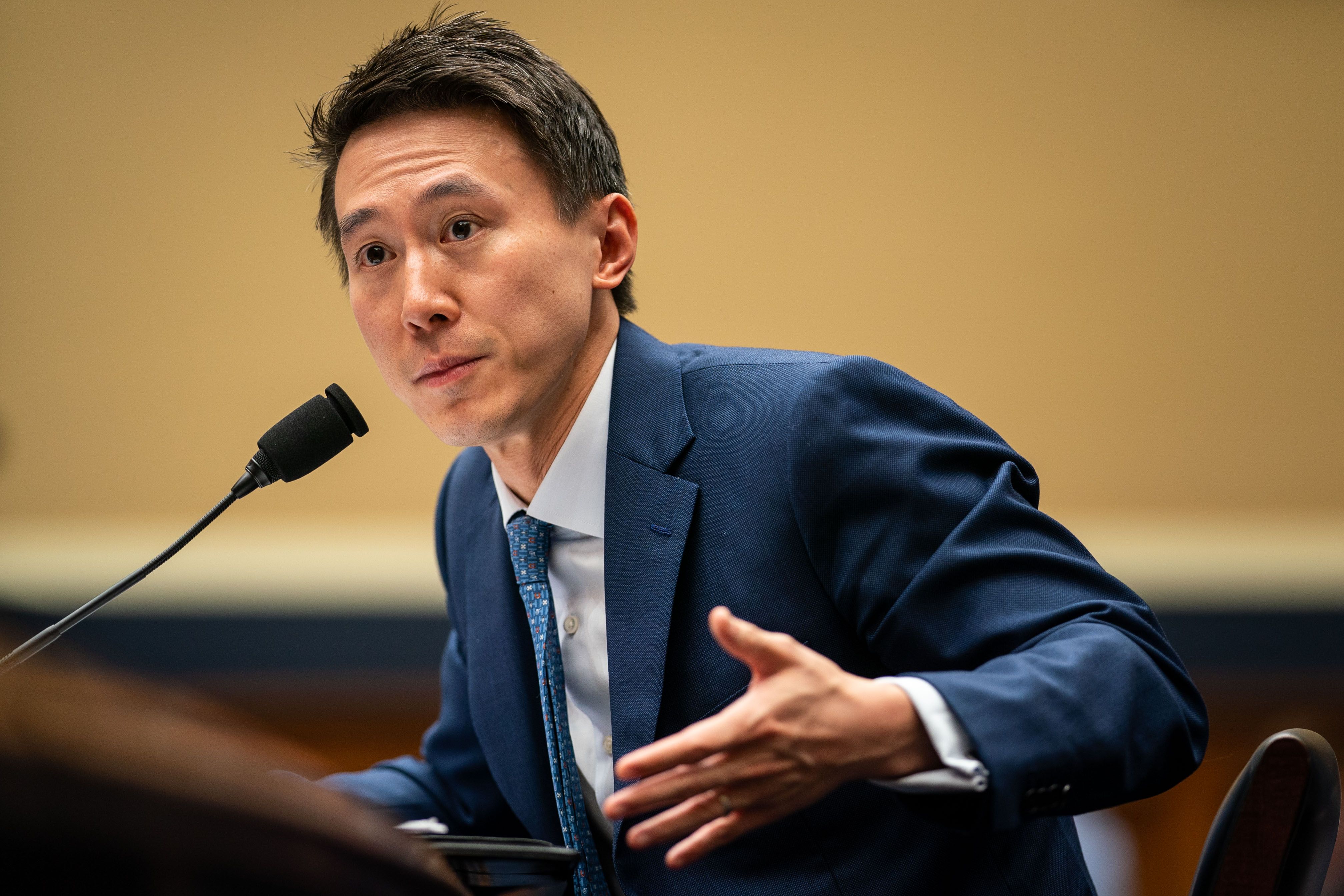
In their communication to Apple and Google, the lawmakers asserted that the tech giants must be ready to comply with the law by removing TikTok from their stores by January 19. This move is part of a larger legislative push that seeks to curb the influence of Chinese tech companies on American soil, reflecting growing concerns about data privacy, cybersecurity, and foreign influence in the digital age.
TikTok’s Response: Legal and Strategic Maneuvers
In the wake of the ruling, TikTok and ByteDance have vowed to fight back. Last week, the company made an emergency bid to the U.S. Supreme Court, seeking to temporarily block the law that could force its removal. This legal battle represents just one of many fronts on which TikTok has been fighting to preserve its place in the U.S. market.
In a statement issued on December 12, TikTok warned that, if the ban takes effect on January 19, the app would no longer be available to new users in the United States. For those who have already downloaded the app, TikTok may still work for a time, but without continued support from Apple and Google, the app will become increasingly difficult to use, as updates, bug fixes, and essential maintenance would cease. This scenario could render the app “unworkable” for American users, signaling the end of TikTok’s widespread use in the country.
ByteDance and TikTok also pointed out that the law itself leaves little room for negotiation. “The statute is what the statute is,” Republican Senator Josh Hawley remarked in a recent interview, emphasizing that the core issue is the app’s connection to the Chinese government. According to Hawley, the law was designed specifically to address concerns over Chinese oversight, and there is little hope of bending the rules to allow TikTok to continue operating in the U.S. without a significant change in its ownership structure.
Apple and Google’s Role: The Digital Gatekeepers
At the center of the controversy are the two tech giants—Apple and Alphabet—who control the distribution of mobile apps on their platforms. The lawmakers’ directive places Apple and Google in a difficult position, one that could have significant implications for their relationships with both TikTok and the U.S. government.
While both companies have yet to comment officially on the matter, they have faced mounting pressure from lawmakers to act decisively. Removing TikTok from their app stores could be seen as a victory for national security advocates, but it also risks alienating millions of American users who rely on the platform for entertainment, business, and social engagement.
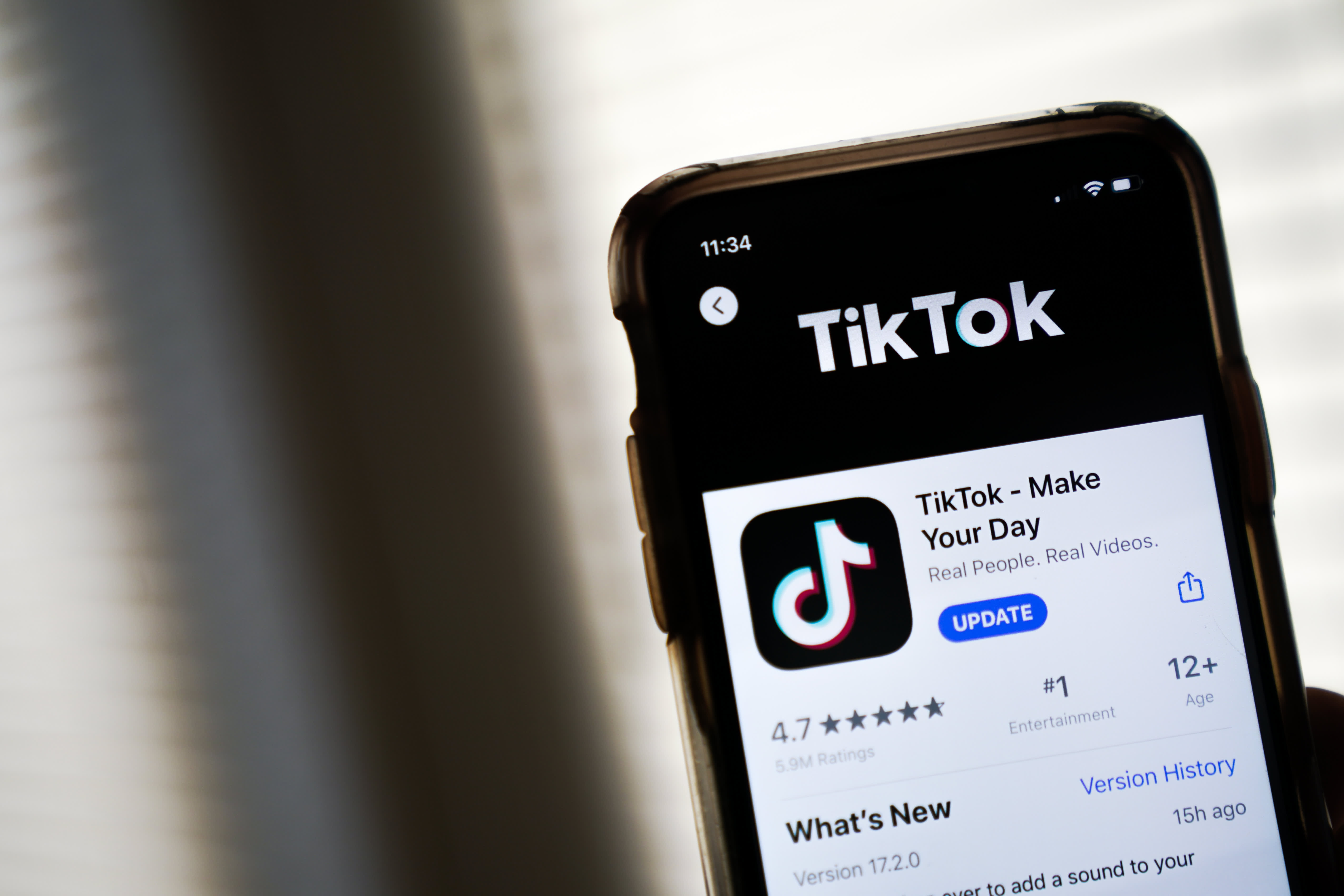
For Apple and Google, the decision could lead to potential legal challenges from TikTok and its parent company. A ban on TikTok could also spark backlash from U.S. consumers, particularly those who view the app as a platform for creativity, self-expression, and connection. Additionally, TikTok has become a major player in the global advertising market, and its removal from the U.S. app stores could impact both companies’ bottom lines.
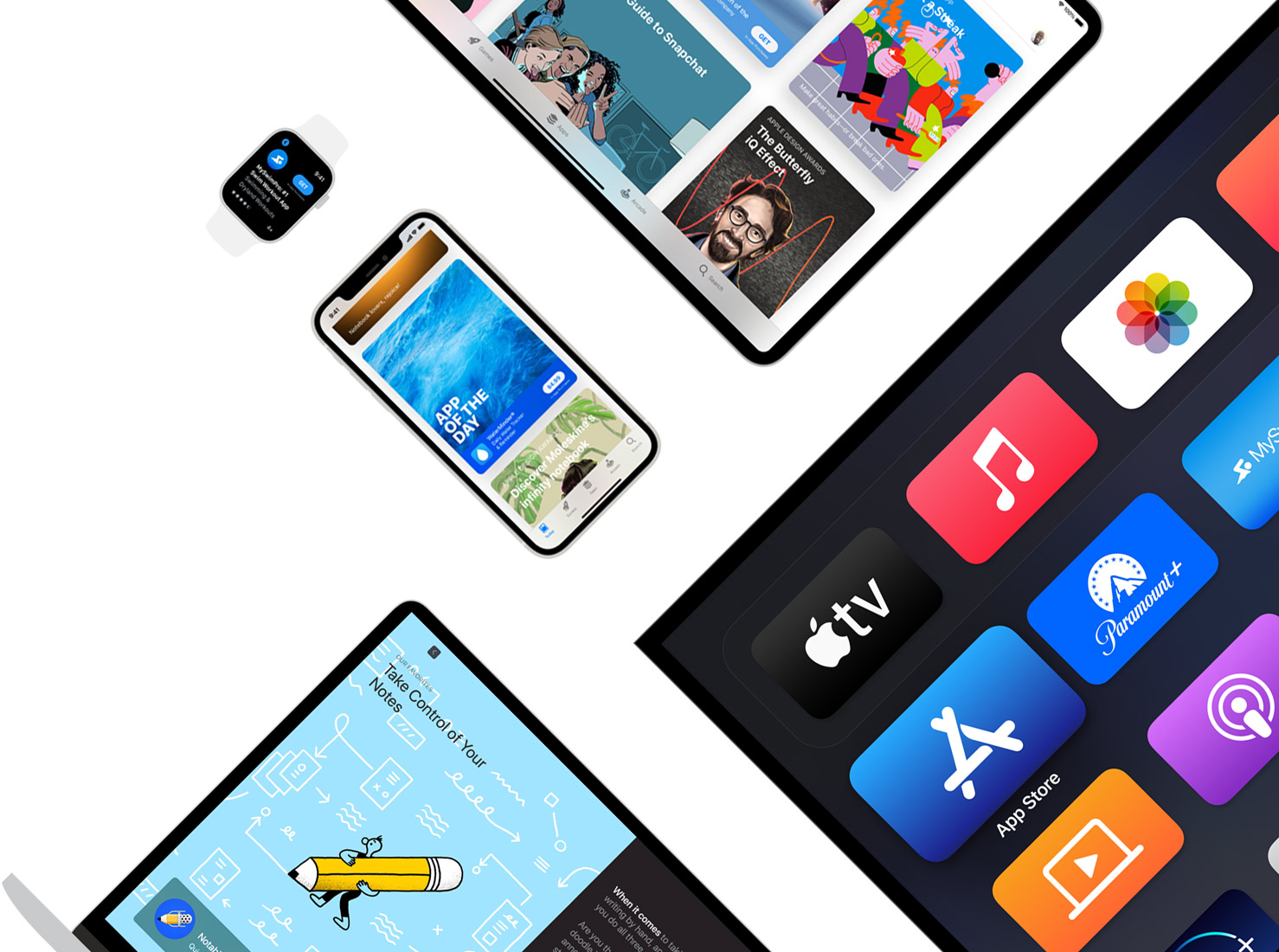
Despite these risks, Apple and Google may ultimately have little choice but to comply with the law. The U.S. government has made it clear that national security concerns must take precedence, and failure to comply could result in further regulatory actions against the companies. As digital gatekeepers, both Apple and Google will likely find themselves caught between their users’ interests and the national security priorities of the U.S. government.
The Bigger Picture: A Shift in the Global Tech Landscape
The fate of TikTok in the U.S. is just one chapter in the ongoing saga of global tech regulation. The situation highlights the growing tensions between the U.S. and China, particularly in the realm of technology and digital platforms. As governments around the world become more concerned about data privacy, cybersecurity, and foreign influence, companies like TikTok are finding themselves in the crosshairs of increasingly powerful regulatory bodies.
The pressure on ByteDance to divest from TikTok in the U.S. reflects broader trends in the global tech landscape. Countries are looking more closely at the operations of foreign tech companies, especially those with connections to governments that may pose a security threat. This could lead to more stringent regulations and restrictions on foreign-owned tech platforms, with implications for companies like Apple, Google, Facebook, and others that operate on a global scale.
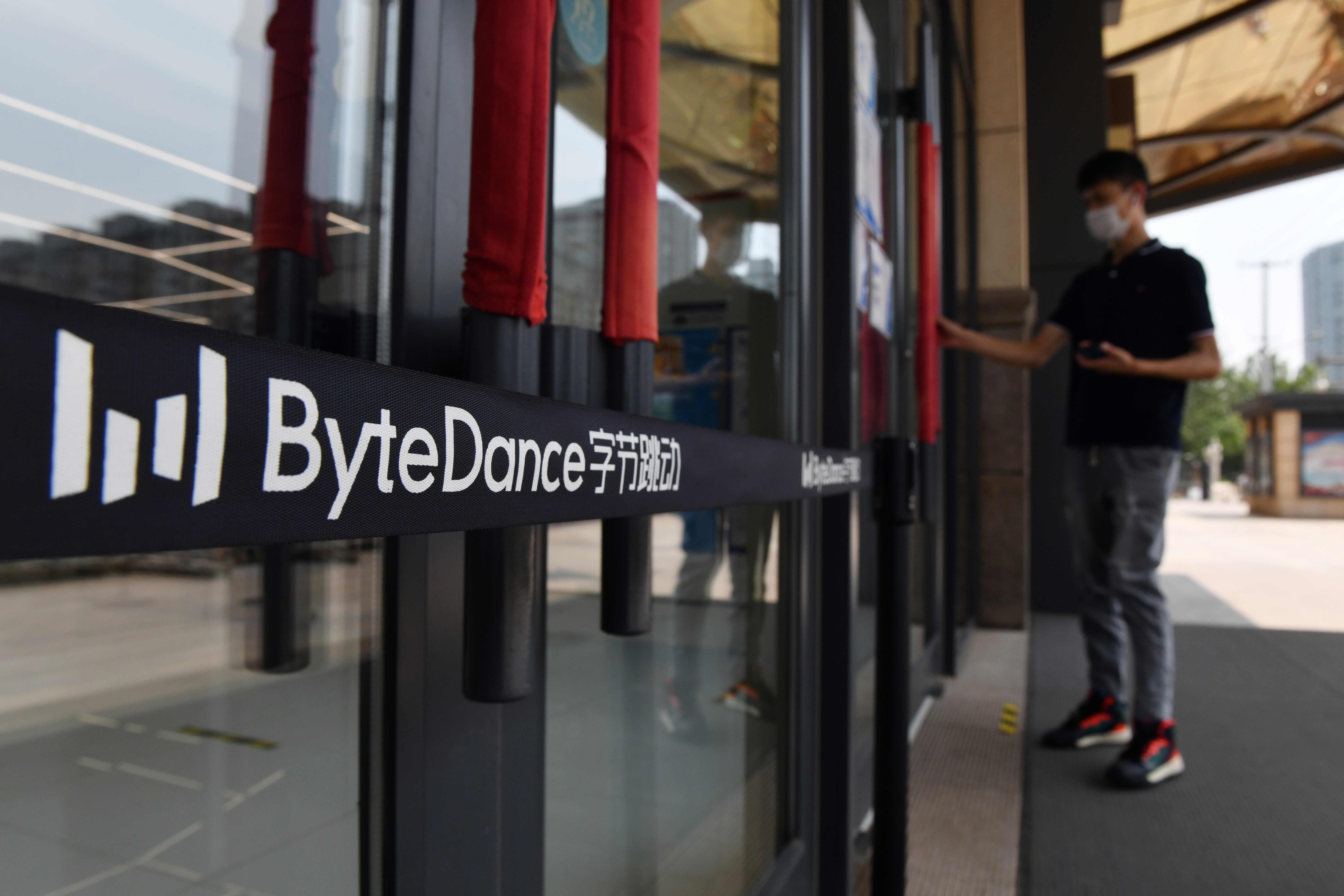
As the deadline of January 19 approaches, all eyes will be on the legal proceedings and the actions of Apple, Google, and TikTok. The outcome of this case could set a significant precedent for how governments around the world regulate digital platforms and how tech companies navigate the complex intersection of business, politics, and national security.
What Lies Ahead?
As the legal battle intensifies and the countdown to January 19 continues, the question remains: will TikTok be able to continue its reign as one of the most popular apps in the U.S., or will the forces of government regulation and national security concerns bring an end to its run? Regardless of the outcome, the case of TikTok has highlighted the power of governments to influence the digital landscape and the growing complexity of the relationship between tech giants, consumers, and policymakers.
The next few weeks will likely prove crucial not only for TikTok but for the future of digital platforms in the United States and beyond. For now, the world watches with bated breath as the drama unfolds, and the fate of one of the most influential apps of the digital age hangs in the balance.


